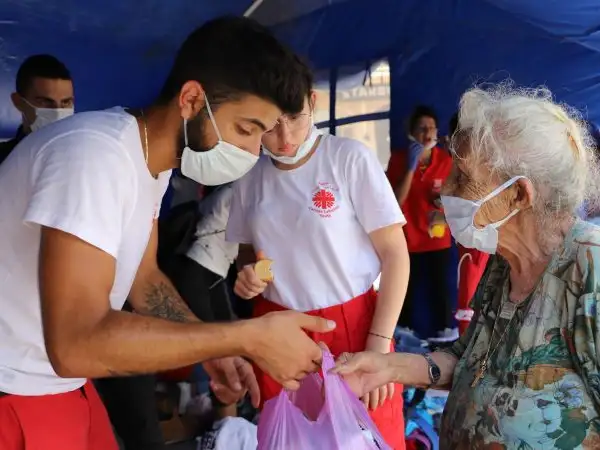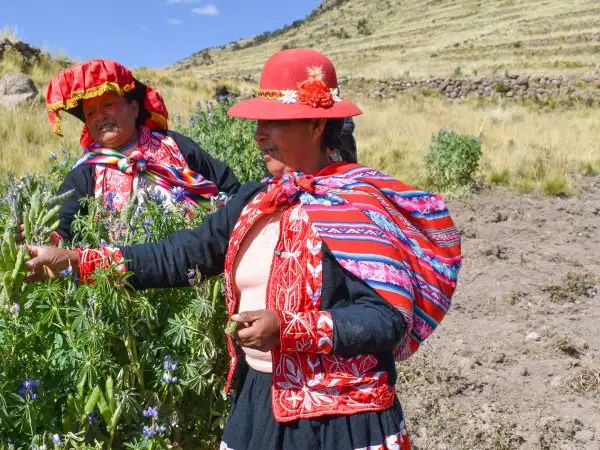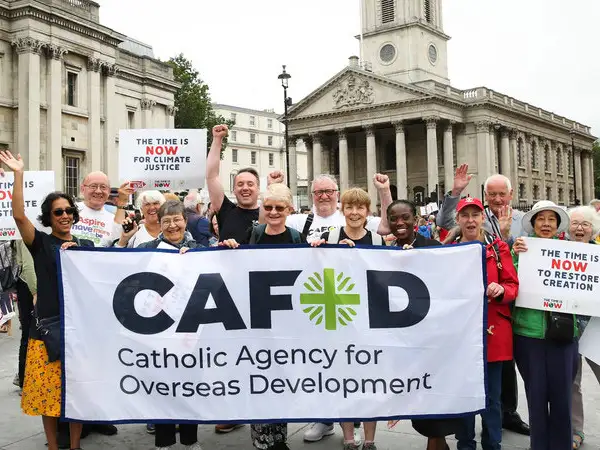
CAFOD's policy and research papers on humanitarian response.
Key areas of work
In times of crisis, it is local community-based organisations and networks that are the first responders helping people to survive and cope with the impacts of natural disasters and conflict. It is local civil society groups, rooted in crisis-affected communities, who are best-placed to understand new kinds of hazard, risk and vulnerability shaped by climate change and its impacts on the weather, soil erosion, agricultural livelihoods, landslides and flooding.
It is these groups who can translate science-based early warning systems into early warning and early action by those communities.
Yet all too often, both the international aid system and national governments struggle to meaningfully partner with or support the work of local civil society groups because:
The heavy bureaucracy and top-down approach of international donors and humanitarian agencies undermines scope for genuine partnerships with local groups.
Decision-making on emergency responses is often centralised in the capital or at the international level, far from those groups that represent the communities affected by crisis.
Local faith groups and NGOs representing marginalised sections of society, often including oten local women’s rights groups, disabled peoples organisations and youth networks, are not meaningfully engaged.
CAFOD works in partnerships with local NGOs in countries affected by crisis to change the way that funding is allocated, partnerships are framed and decision-making happens to empower them and the communities they represent.
Key documents
Policy and research
CAFOD's policy team provides briefings, reports and research on our advocacy and lobbying work, plus materials to support our campaigns.
Campaign with CAFOD
Find out more about campaigning on social justice issues with CAFOD.



